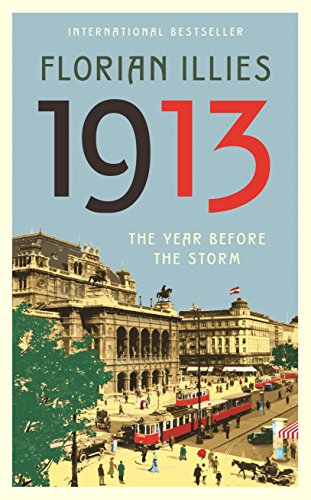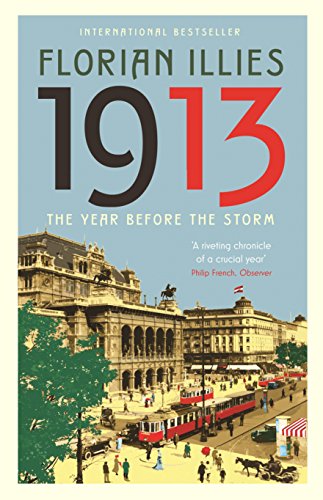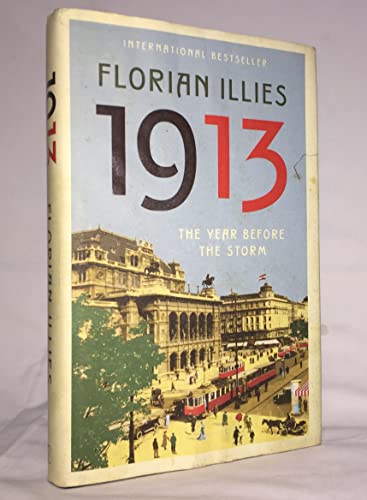florian illies shaun whiteside jamie (3 Ergebnisse)
Suchfilter
Produktart
- Alle Product Types
- Bücher (3)
- Magazine & Zeitschriften (Keine weiteren Ergebnisse entsprechen dieser Verfeinerung)
- Comics (Keine weiteren Ergebnisse entsprechen dieser Verfeinerung)
- Noten (Keine weiteren Ergebnisse entsprechen dieser Verfeinerung)
- Kunst, Grafik & Poster (Keine weiteren Ergebnisse entsprechen dieser Verfeinerung)
- Fotografien (Keine weiteren Ergebnisse entsprechen dieser Verfeinerung)
- Karten (Keine weiteren Ergebnisse entsprechen dieser Verfeinerung)
- Manuskripte & Papierantiquitäten (Keine weiteren Ergebnisse entsprechen dieser Verfeinerung)
Zustand Mehr dazu
- Neu (1)
- Wie Neu, Sehr Gut oder Gut Bis Sehr Gut (1)
- Gut oder Befriedigend (1)
- Ausreichend oder Schlecht (Keine weiteren Ergebnisse entsprechen dieser Verfeinerung)
- Wie beschrieben (Keine weiteren Ergebnisse entsprechen dieser Verfeinerung)
Einband
- alle Einbände
- Hardcover (2)
- Softcover (Keine weiteren Ergebnisse entsprechen dieser Verfeinerung)
Weitere Eigenschaften
- Erstausgabe (1)
- Signiert (Keine weiteren Ergebnisse entsprechen dieser Verfeinerung)
- Schutzumschlag (1)
- Angebotsfoto (Keine weiteren Ergebnisse entsprechen dieser Verfeinerung)
Sprache (2)
Preis
- Beliebiger Preis
- Weniger als EUR 20
- EUR 20 bis EUR 45
- Mehr als EUR 45 (Keine weiteren Ergebnisse entsprechen dieser Verfeinerung)
Gratisversand
- Kostenloser Versand nach USA (Keine weiteren Ergebnisse entsprechen dieser Verfeinerung)
Land des Verkäufers
Verkäuferbewertung
-
Sonderangebot
EUR 3,36
EUR 22,50 für den Versand von Frankreich nach USAAnzahl: 1 verfügbar
In den WarenkorbHardcover. Zustand: Bon. Ammareal reverse jusqu'à 15% du prix net de cet article à des organisations caritatives. ENGLISH DESCRIPTION Book Condition: Used, Good. Ammareal gives back up to 15% of this item's net price to charity organizations.
-
1913
Verlag: Profile Books Ltd.
ISBN 10: 1846689619 ISBN 13: 9781846689611
Anbieter: Majestic Books, Hounslow, Vereinigtes Königreich
EUR 11,64
EUR 7,37 für den Versand von Vereinigtes Königreich nach USAAnzahl: 3 verfügbar
In den WarenkorbZustand: New. pp. 288.
-
1913; The Year Before the Storm
Anbieter: Ground Zero Books, Ltd., Silver Spring, MD, USA
Erstausgabe
Hardcover. Zustand: Very good. Zustand des Schutzumschlags: Very good. First Melville House Printing [Stated]. The format is approximately 5.5 inches by 8.75 inches. [4], 268 pages. Illustrations. Selected Bibliography. Florian Illies (born 4 May 1971) is a German writer and art historian. He studied art history at the universities of Bonn and Oxford. He worked as culture editor for major German newspapers such as Frankfurter Allgemeine Zeitung and Die Zeit. In 2004, he cofounded the contemporary art magazine monopol with his wife Amélie von Heydebreck. In 2011, he became a partner at the Berlin-based auction house Villa Grisebach. In January 2019, he joined the Rowohlt Verlag publishing house as a managing director. As a writer, Illies is known for his bestsellers Generation Golf (2000) and 1913: The Year Before the Storm (2012). The latter book has been translated into two dozen languages. Shaun Whiteside (born 1959) is a Northern Irish translator of French, Dutch, German, and Italian literature. He has translated many novels, including Magdalene the Sinner by Lilian Faschinger, which won him the Schlegel-Tieck Prize for German Translation in 1997. Since May 2021, he has served as the president of the European Council of Literary Translators' Associations. Whiteside graduated with a First in Modern Languages at King's College, Cambridge. He worked as a business journalist and television producer before translating full-time. As he said in a brief interview, "Did I always want to be a translator? I certainly wanted to do something that involved travel and languages, but even when my work in television took me to far-off places, I kept coming back to translation, first for fun, and eventually as a way of earning a living." Jamie Lee Searle is a literary translator, writer and mentor. She translates German-language and Portuguese-language writing into English for publishing houses and cultural institutions such as the Goethe Institut, Ingeborg Bachmann Centre and Austrian Cultural Forum. Her previous publications include Urs Faes' Twelve Nights, Joachim B. Schmidt's Kalmann and Anna Kim's The Great Homecoming. Her co-translation (with Shaun Whiteside) of Florian Illies' 1913 was a Sunday Times bestseller and Radio 4 Book of the Week. An International Bestseller. "An absolute gem of a book." The Observer. Just before one of its darkest moments came the twentieth century's most exciting year. It was the year Henry Ford first put a conveyer belt in his car factory, and the year Louis Armstrong first picked up a trumpet. It was the year Charlie Chaplin signed his first movie contract, and Coco Chanel and Prada opened their first dress shops. It was the year Proust began his opus, Stravinsky wrote The Rite of Spring, and the first Armory Show in New York introduced the world to Picasso and the world of abstract art. It was the year the recreational drug now known as ecstasy was invented. It was 1913, the year before the world plunged into the catastrophic darkness of World War I. In a witty yet moving narrative that progresses month by month through the year, and is interspersed with numerous photos and documentary artifacts (such as Kafka's love letters), Florian Illies ignores the conventions of the stodgy tome so common in "one year" histories. Forefronting cultural matters as much as politics, he delivers a charming and riveting tale of a world full of hope and unlimited possibility, peopled with amazing characters and radical politics, bristling with new art and new technology . . . even as ominous storm clouds began to gather. Derived from a Kirkus review: In his first English-language translation, German author Illies scours the landscape of the year 1913, making a leap into a fascinating new structure of writing. The author uses excerpts from journals of now-famous people in the capitals of modernism, including Vienna, Munich, Paris and Berlin. He explains their ideas and snatches quotes and tosses them apparently willy-nilly into chronological chapters. However, due to the author's creative talent, the structure of the narrative wo.




